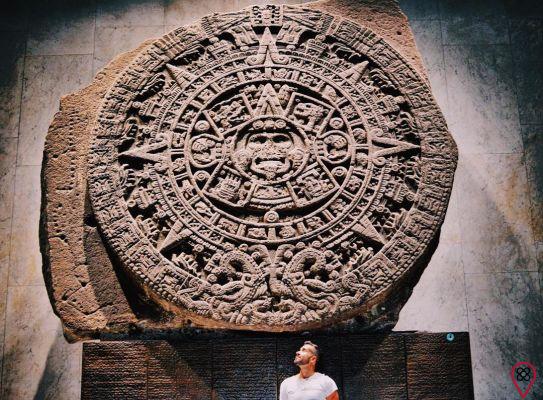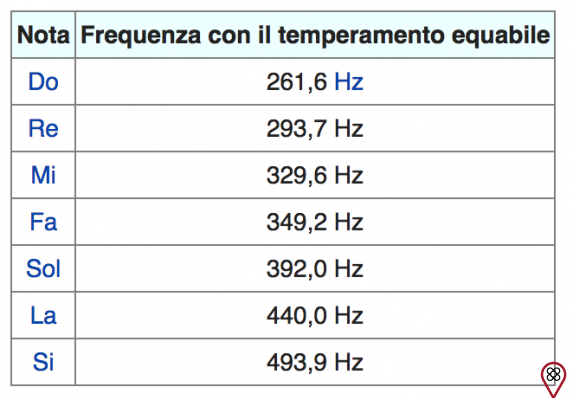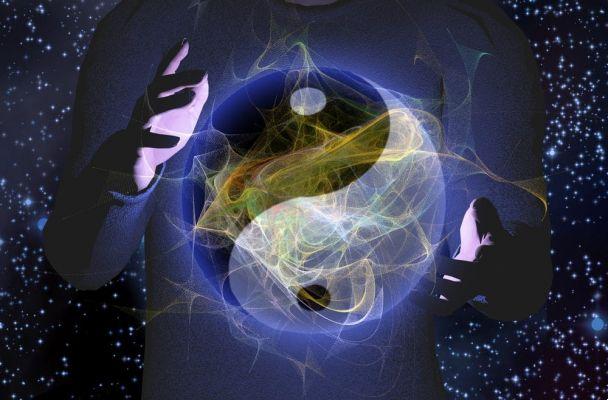The term Samsara means “a non-place”, that is, it is a way of explaining how we human beings are stuck with our problems and our world. An example from the book “The Art of Life” says that when you draw a circle around a turkey, it will find that it cannot get out of there and will let itself die of hunger. The point is that the animal did not leave the circle to know if it could survive or not. The same happens with our life, we believe we are full of problems and questions, however, sometimes we do not see the issue with a broader vision or with more tranquility. We are driven by external issues and react as they happen, even though we hold the key to positive change and enlightenment in our lives.
How can I apply enlightenment in my life and escape the shackles of suffering?
Prayer and meditation are great allies, as well as the pursuit of realizing dreams and goals, especially those that benefit the most people around. First of all, the firm decision to change reality itself.
What is Nirvana?
The term originates from Sanskrit and means “extinction of suffering”. It is a state of mind in which the individual feels full fulfillment and happiness even in the face of adversity in his life. It is the letting go of bad karma and the feeling in its essence of what it is to be and be fully happy.
In the book “The Heart of Wisdom Sutra” it says: “Nirvana means “without fire”. “Extinct fire” or, “without the wind of passions”. Nirvana is the same thing as Samsara. Samsara is Nirvana. It is the world of wandering, where we walk from place to place, looking for happiness or satisfaction. We search, walking endlessly, searching and exchanging. A new house, a new car, among other things.

It's the world spinning and you're looking for the solution and satisfaction of ever new problems. They will always arise, because it is characteristic of this changing world. What makes all these sensations are the “wind of passions”. And we are like leaves touched by the wind of passions. NIR is a negative particle and VANA is the fire of passions. So we can translate it as “Fire extinguished, or without winds”, and, in the analogy I'm making, there's no wind to push the leaf from side to side. I don't have worldly passions, so suddenly there's a great calm, because it doesn't matter. Delayed, delayed, missed the plane, missed the plane, there is food, there is no food, there is not. I lost everything I had, I lost everything I had. I won a lot, I won a lot. Passions are not pushing, so the same place that is Samsara is Nirvana. What has changed is the way of seeing. You take your eyes, which see Samsara, and change them to the eyes of Buddha, look with an enlightened mind, and then what was Samsara became Nirvana. So Samsara is not a place. And neither does Nirvana. You can't "go" to Nirvana. You change yourself and then this place becomes Nirvana.”
That is, life itself and its external and internal factors, regardless of whether they are good or bad, will not be stronger than the solidity and inner fullness of the individual who has the state of nirvana in his life.
How to apply nirvana?
In a practical way, studying the doctrine hard, practicing it through meditations, study and prayers; it is not a state of mind from one day to the next, but a continuity, a current practice.
The importance of both terms is precisely to make the difference in the place of action (society, family, friends, spouse) in an effective and positive way. Understanding that it is not by chance that all things happen is an excellent start when it comes to Nirvana and Samsara.
Written by Bruno da Silva Melo of the Eu Sem Fronteiras Team.
























